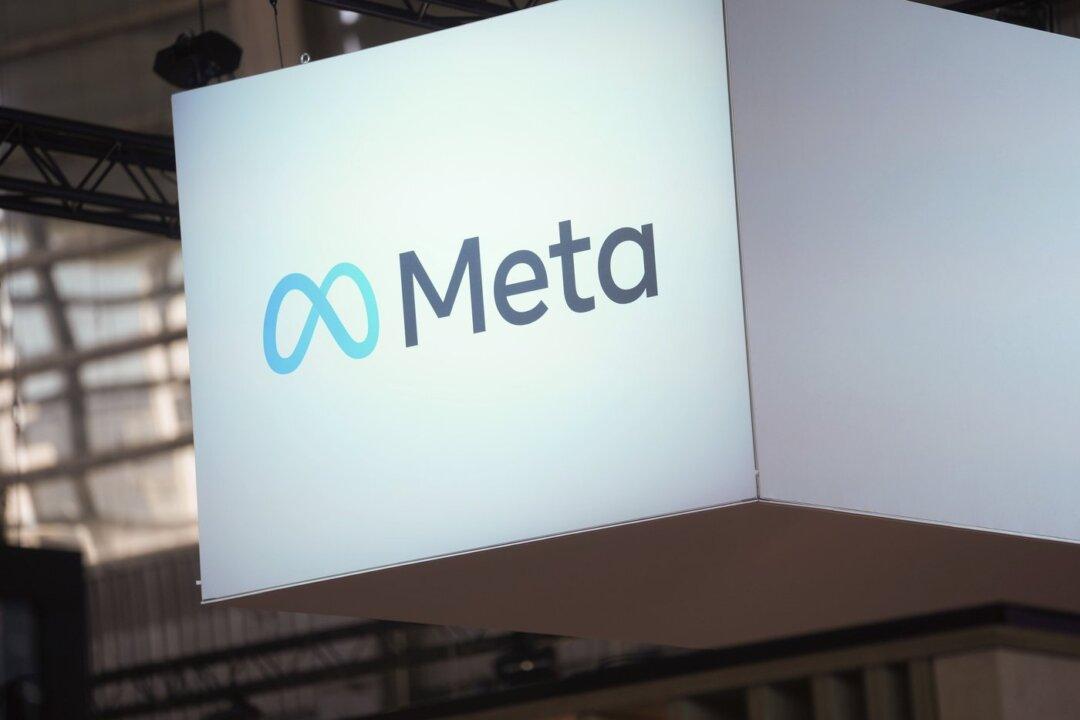A California bill requiring Big Tech platforms to pay revenue to some digital news providers for online content survived a suspense file hearing on Aug. 15, but the legislation must clear another hurdle before it’s eligible for a floor vote.
Assembly Bill 886, also known as the California Journalism Preservation Act, was placed on the suspense file in early August as the state Senate considered its potential fiscal impact. On Thursday, it survived the Senate Appropriations Committee hearing on a vote of 4–2, with Republicans voting no.





